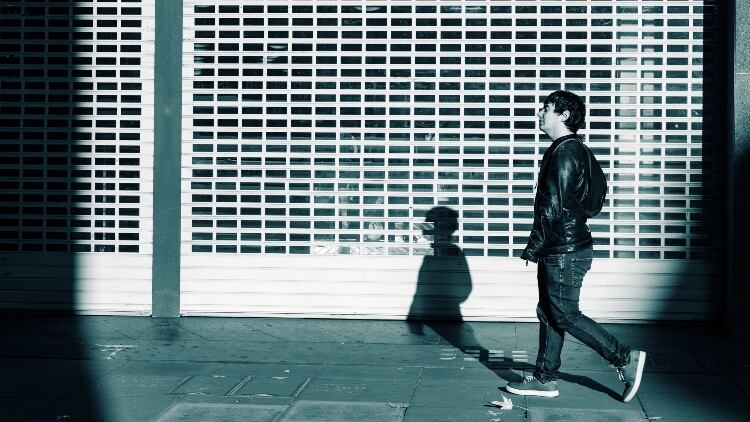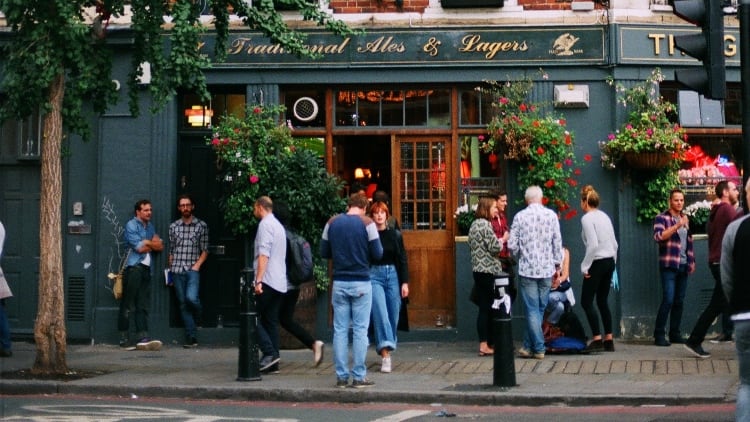Lord’s warning that the ongoing collapse of the retail sector will create a “domino effect of closures” and increased social and economic hardship unless spaces are repurposed follows news that more than 214 Arcadia Group shops will close after its brands were acquired by online fashion retailers.
As reported by The Financial Times, Asos snapped up Topshop from administrators for £265m while Boohoo has bought the Dorothy Perkins, Wallis and Burton brands for £25.2m – a deal which doesn’t include their combined 214 shops, nor the 2,450 workers employed in them.
Boohoo also purchased high street mainstay Debenhams’ brand and website for £55m in January, but, again, opted not to take on any of the firm's remaining 118 stores or its workforce.
Research by estate agent Savills suggests the UK already had 40% excess retail space before the coronavirus pandemic.
"Our high streets are changing beyond all recognition and this brings severe and stark challenges,” Lord said.
"The move to online is inevitable, however as these stores close, we need to look ahead at what will replace them. The groundwork needs to start now to repurpose empty retail stores or risk the end of the high street as we know it.
"Letting high streets become saturated with boarded up premises will spark a domino effect of closures for sectors who rely on the passing trade, creating long-term socio and economic hardship for local areas,” Lord added.
“We need our urban areas to continue as places which people want to travel into, and hospitality could prove the saviour of this.”
James Anderson from specialist licensing solicitors Poppleston Allen recently pondered the same issue in The Morning Advertiser, stating that the high street is in trouble from online delivery takeover with both Debenhams and Topshop not reopening.
“There will be opportunities out there (and this is happening) for some operators particularly those with cash or who can borrow money, and advantageous terms including rent can be obtained,” he said.
Repurposing dormant retail space
With less than a month until the Chancellor’s budget announcement on 3 March, Lord suggests funds should be made available to convert empty premises into long term facilities such as leisure or hospitality venues.
He highlighted the recent development of unused spaces such as Greater Manchester's Escape To Freight Island – a 1,200-capacity food, drink and entertainment venue, built on the platforms of the city's former train station.
“Department store sites are huge, stand-alone, multi-storey premises which offer huge potential,” he said. “We need to look at how we can repurpose and convert them into food halls, art galleries and cultural attractions to encourage town centre transformation and continued local tourism.
“Food halls are enormously successful. Not only do they regenerate derelict areas, create huge economic advantages for their local areas and provide a sustainable business model for landlords, but they also create a sense of security for the retailers and outlets involved who can join together as co-operatives.”

Protect high street pubs
Lord also shares concerns with local leaders about recent changes to regulations allowing developers and property owners to convert former retail space into housing without local planning permission – leading to a threat of hyper-development of residential space in urban areas.
“Residential conversions are a given but replacing retail spaces with housing will merely push tourism out of centres and cause increased pressure on the already struggling night-time economy,” he explained.
“We only need to look at cases where long-standing music venues, pubs and clubs have been hit with noise restrictions or fines as a result of newly-built apartment blocks in the vicinity.
"These already-fragile businesses must not only be financially supported, but protected, rather than squeezed out through the overdevelopment of residential replacements for high street stores.
“We need planners and local authorities to recognise the importance of the hospitality and nightlife sector on the regeneration of our town and city centres post-Covid.
“We can either sit back and reminisce about our once bustling high streets, or we can work together to repurpose them as destination points for our towns and cities.”




